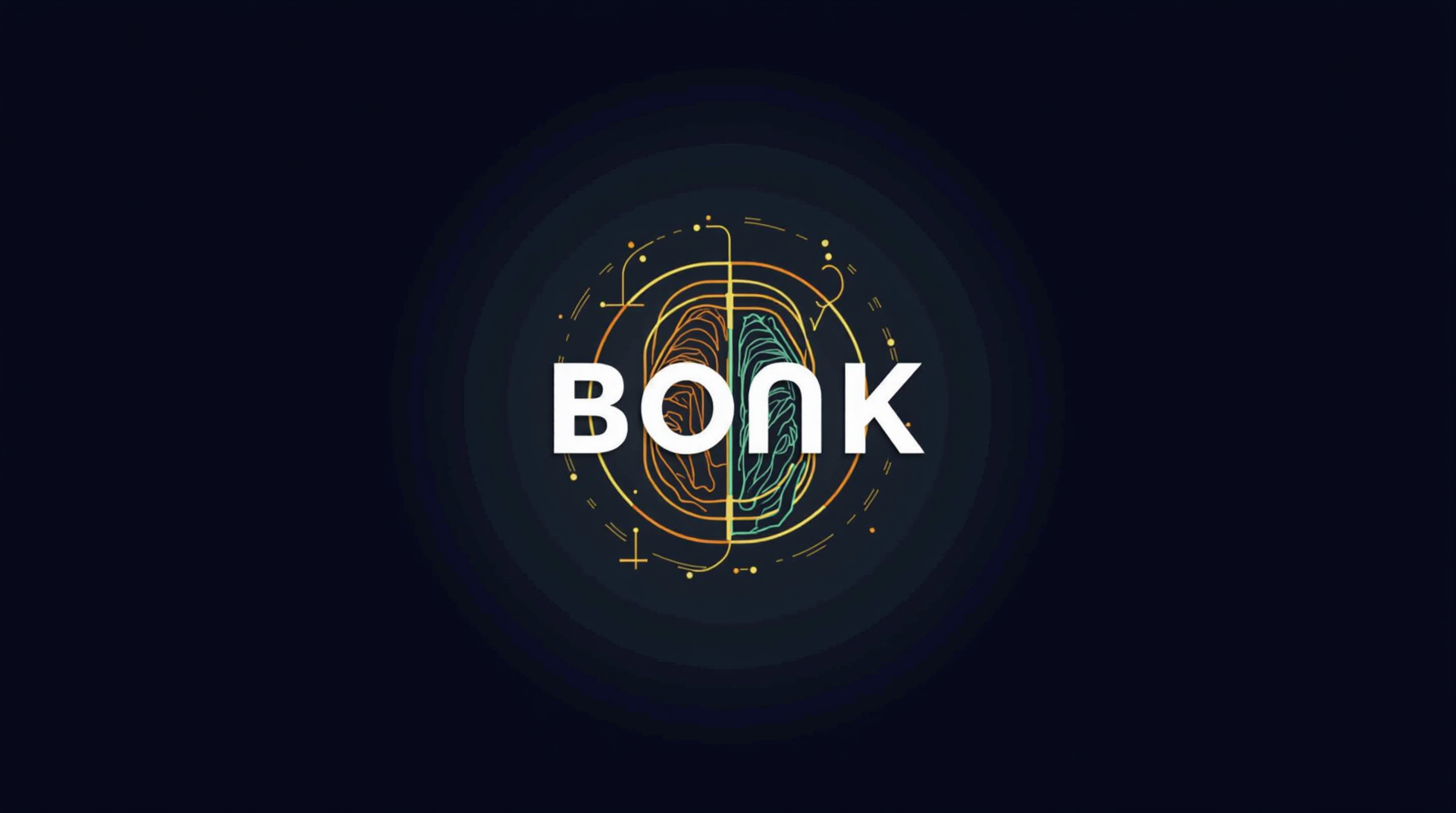BONK keeps its stability amid a disclosed $30 million corporate deal and planned token unlocks, which forces close attention to treasury management and decentralization risks. The ultimate impact will depend on how the funds are used and the timing of token releases, which can either support growth or create short-term selling pressure.

The $30 million deal and its implications
A large financial deal of $30 million can bring external capital, move treasury assets, or reflect a private sale to pay for growth, and the actual nature of the transaction—who controls the proceeds and where the money flows—is crucial to assess whether the outcome is constructive or risky for the community. If the funds are directed to development, partnerships and product use, the deal can be positive, but if the money is used for immediate sales or becomes controlled by central groups, it represents a clear risk to token stability and community trust.
Token unlocks and circulating supply dynamics
Token unlocks increase circulating supply and, depending on size and timing, can cause price changes and short-term selling pressure, especially when team reserves or early investor allocations are released. Unlocks that occur gradually or are tied to milestones reduce immediate market impact, while large one-time releases raise the probability of rapid sales and volatility.
Important factors to consider
Key variables include the size of the unlock relative to total supply, the release schedule, the stated use of funds, and holder concentration, because each factor shapes potential market pressure and governance risk. Large unlocks as a portion of supply, immediate release schedules, funds used for exchange sales, or concentrated holdings increase the likelihood that a few actors can influence price and decision-making, undermining decentralization.
On-chain signals and early warnings
On-chain data often shows early signs such as transfers from treasury addresses to exchanges and decreases in large-holder balances paired with volume spikes, and these patterns typically precede major sales. Public analysis tools and continuous monitoring of on-chain flows provide warnings that the community can use to respond proactively.
Governance, transparency and decentralization risks
If the $30 million and unlocked tokens are managed openly with clear goals, audits and public schedules, the inflow can finance growth without concentrating power, but lack of accountability or financial control concentrated in a few parties harms governance and reduces trust. A public vesting schedule, independent audits and on-chain traceability help strengthen the ecosystem and protect decentralization.
Recommendations for investors and the community
Demand transparency on the deal details, the use of funds and the unlock timeline, actively watch on-chain data and large-holder behavior, and manage exposure by diversifying positions and checking liquidity, because these actions help mitigate risk. Public reporting, third-party audits and milestone-based release mechanisms are practical steps to reduce selling pressure and preserve community governance.
The $30 million deal and planned token unlocks present opportunities to fund BONK’s growth but also significant risks to price stability and decentralization, so transparency, careful treasury management and active on-chain monitoring are essential to mitigate short-term sales pressure and protect the project’s community-oriented goals.


